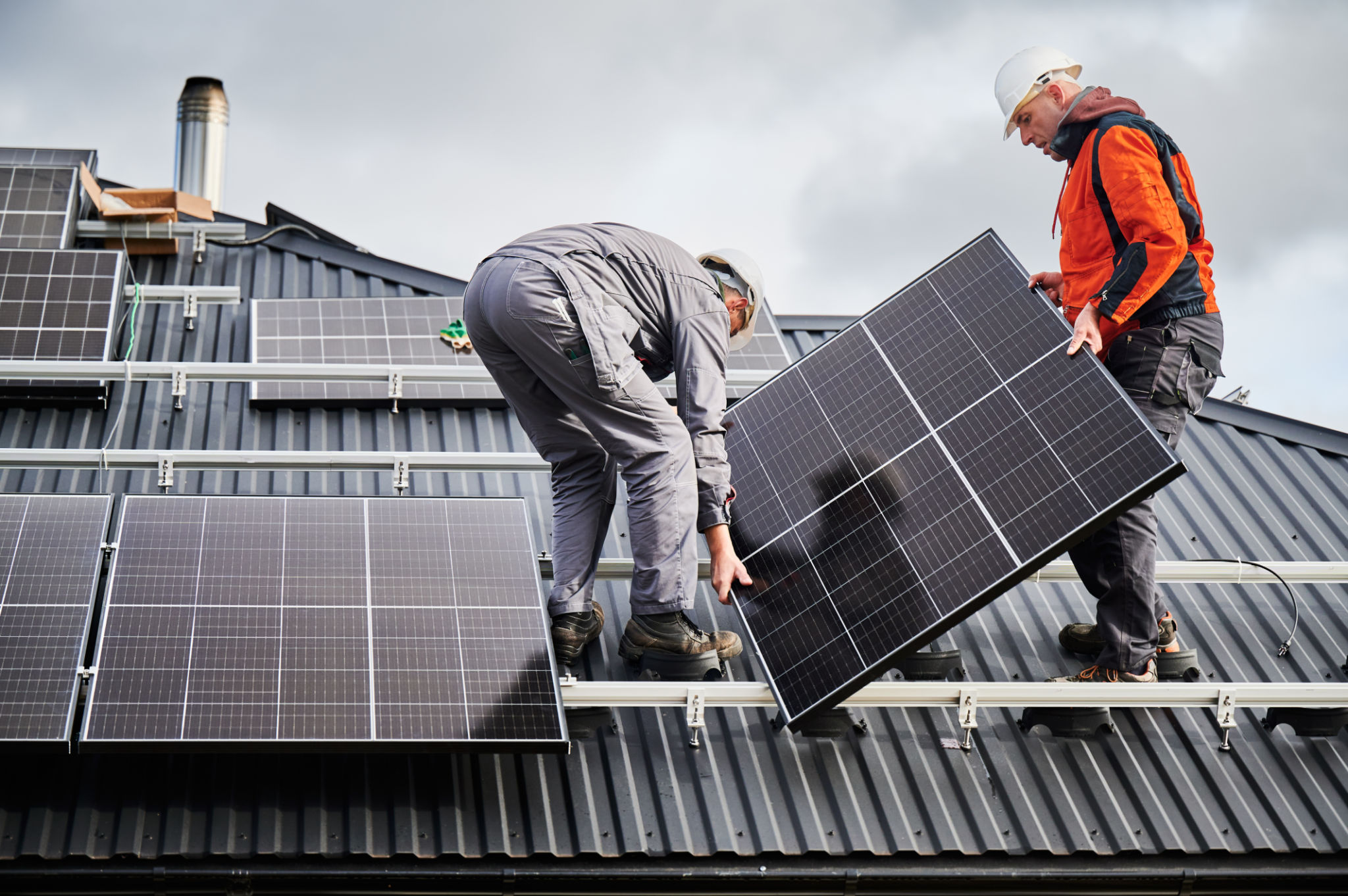The Ultimate Guide to Solar Energy for Homeowners
Understanding Solar Energy
Solar energy is a renewable power source harnessed by capturing sunlight and converting it into electricity. Homeowners are increasingly turning to solar energy to reduce their carbon footprint and save on electricity bills. With advancements in technology, solar panels have become more efficient and affordable, making it easier for homeowners to embrace this sustainable energy source.

The Benefits of Solar Energy for Homeowners
One of the most significant advantages of solar energy is the potential for substantial cost savings. By installing solar panels, homeowners can reduce or even eliminate their electricity bills. Additionally, many regions offer incentives such as tax credits or rebates, further enhancing the financial benefits of going solar.
Besides financial savings, solar energy contributes to environmental preservation. By reducing reliance on fossil fuels, homeowners can decrease their carbon emissions and help combat climate change. Solar energy systems also require minimal maintenance, offering long-term reliability and peace of mind.
Selecting the Right Solar Panel System
When choosing a solar panel system, it's essential to consider factors such as the size of your roof, your energy consumption needs, and local climate conditions. Homeowners should evaluate the efficiency ratings of different solar panels and their warranties to make an informed decision.

There are two main types of solar panels: monocrystalline and polycrystalline. Monocrystalline panels are more efficient and take up less space, while polycrystalline panels are generally more affordable. Understanding these differences can help homeowners select the best option for their specific requirements.
Installation Process: What to Expect
The installation process typically begins with an assessment by a professional solar contractor who will evaluate your roof's suitability for solar panels. After this initial assessment, the installation can take anywhere from a few days to a couple of weeks, depending on the complexity of the project.
Once installed, homeowners can immediately start benefiting from their solar energy system. It's crucial to work with a reputable installer to ensure the process is smooth and the system operates efficiently.

Maximizing Your Solar Investment
To get the most out of your solar investment, consider incorporating energy-efficient practices in your home. This includes using LED lighting, energy-efficient appliances, and smart thermostats to reduce overall energy consumption.
Additionally, homeowners should regularly monitor their solar system's performance through available software or apps provided by their installer. This ensures that the system is functioning optimally and allows for timely maintenance if necessary.
Financial Incentives and Support
Many governments offer financial incentives to encourage homeowners to adopt solar energy. These incentives can significantly reduce the upfront cost of installing a solar panel system. Common incentives include federal tax credits, state rebates, and net metering programs that allow homeowners to sell excess energy back to the grid.

It's vital for homeowners to research the available incentives in their area and take advantage of these programs to maximize their savings. Consulting with a knowledgeable solar installer can also provide valuable insights into securing these benefits.
The Future of Solar Energy
As technology continues to advance, the future of solar energy looks promising. Innovations such as solar tiles integrated into roofing materials and improved battery storage solutions are making solar energy more accessible and efficient. With ongoing research and development, homeowners can expect even greater efficiency and affordability in solar solutions in the near future.
Investing in solar energy not only benefits individual households but also contributes to a more sustainable and environmentally friendly future. By understanding the ins and outs of solar energy, homeowners can make informed decisions that align with both their financial goals and environmental values.